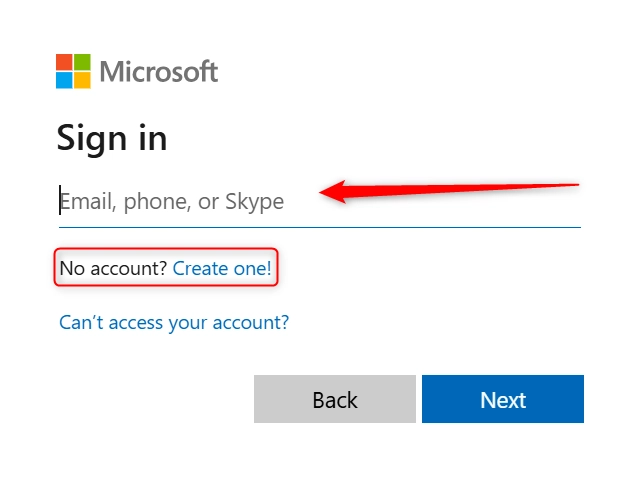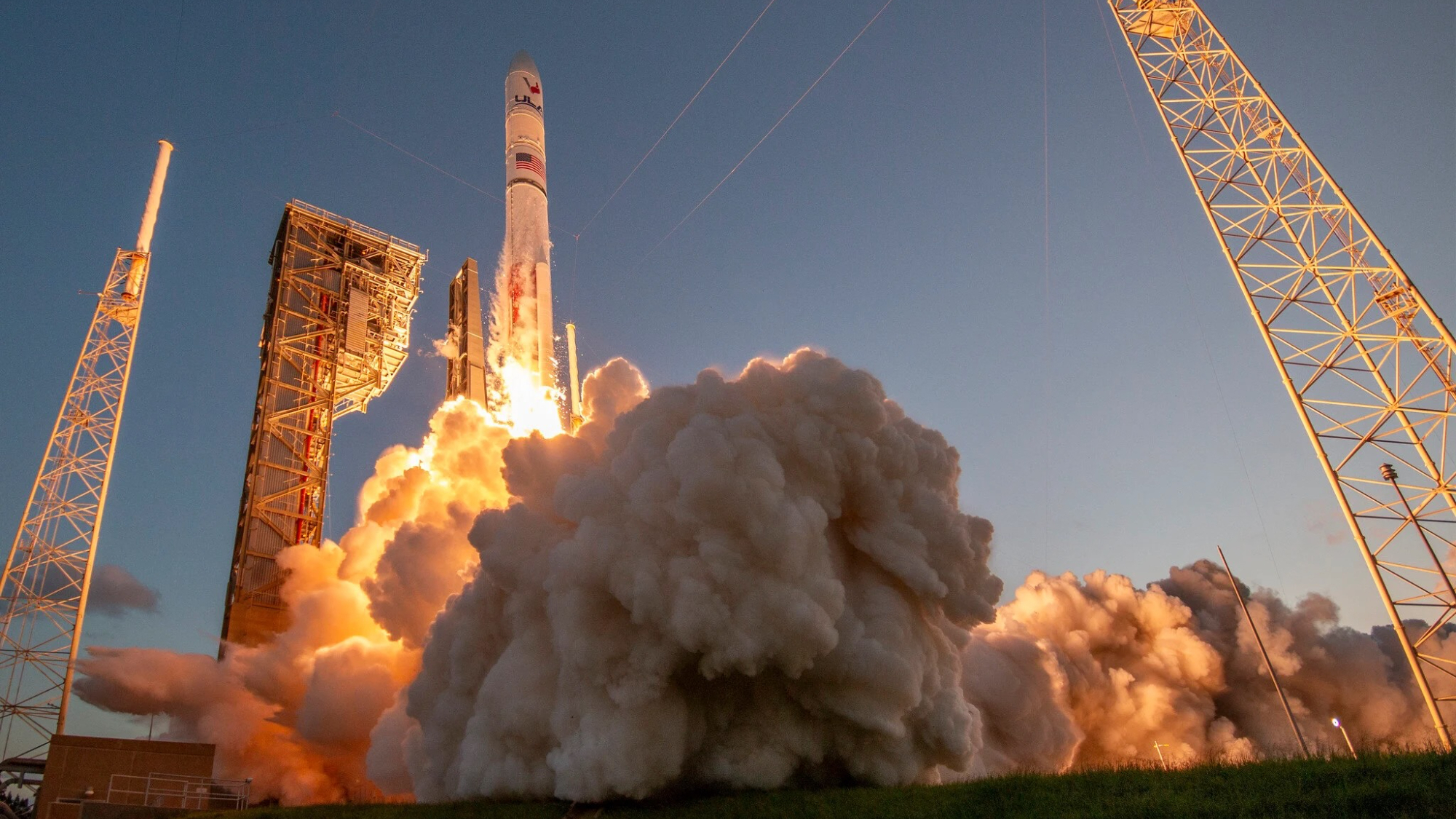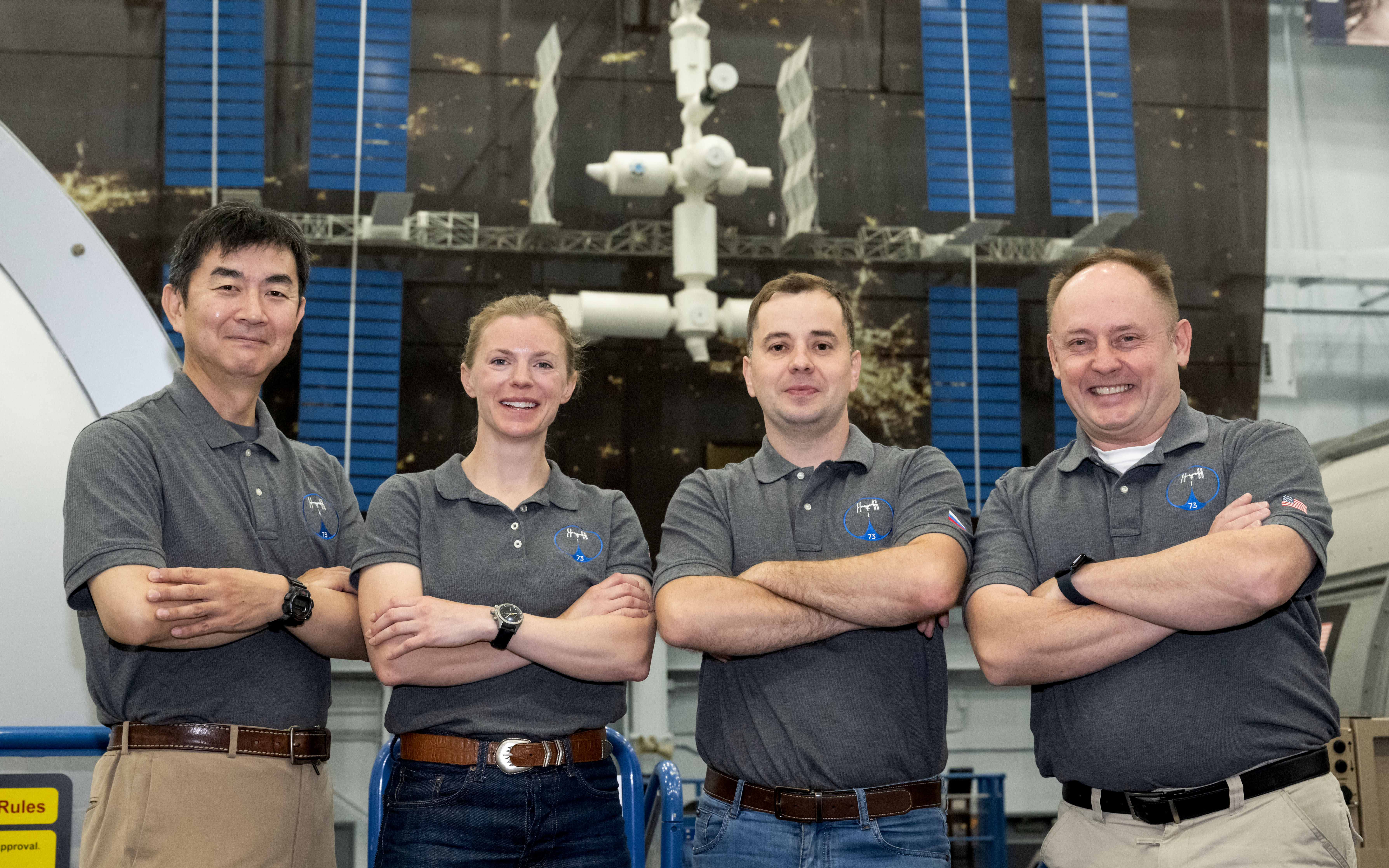‘It Feels Like It’s Chaotic on Purpose’
DOGE killed a government-efficiency team.

If you have tips about the remaking of the federal government, you can contact Matteo Wong on Signal at @matteowong.52.
Late Friday night the Trump administration, as part of its push to modernize the government with software, laid off roughly 90 people from the General Services Administration—all federal technologists whose role was to modernize the government with software. Employees on the 18F team, a group formed in the Obama-era to build and improve software for other agencies, were notified around midnight that their roles are being eliminated, according to several former 18F workers I spoke with. Team members were emailed termination letters, copies of which I obtained, stating that their position “is being abolished as part of an agency reduction-in-force.” (Last month, Elon Musk hinted at the group’s demise when he wrote on X that 18F “has been deleted.”)
For some of the workers, it was their second time being fired in a month. At least some of 18F’s probationary employees, who typically have been in their government role for only one to two years, had previously been terminated in the Trump administration’s mass firings—then reinstated this week, and then fired again Friday night, according to former 18F staff I spoke with.
The role of 18F was to help federal agencies improve their digital services. The group has worked on federal and state projects used by millions of Americans. It was, in essence, an internal consulting group within the federal government, deployed to other agencies to solve technical problems. By acting, essentially, as an in-house contractor for the federal government, the team did not need to directly spend taxpayer dollars and was instead reimbursed by partner agencies. 18F worked on projects including IRS Direct File, a new service that allows citizens to file tax returns online; covid.gov, which allowed Americans to apply for and receive free COVID tests during the pandemic; weather.gov, which provides weather forecasts and alerts to the entire nation; and a new way to file civil-rights complaints with the Department of Justice, among others. Without 18F staff to continue the work, many of these projects are now in jeopardy, former agency workers told me; current efforts under way, such as with weather.gov, will likely cease or face delays, while completed services could degrade as they stop being monitored or updated.
The team was tailor-made for government efficiency and technology—something the newly formed Department of Government Efficiency and its allies might, in theory, uplift. But as Trump and his surrogates continue to centralize power over government operations, it makes sense that DOGE would want to reign in, or simply bulldoze, 18F. Thomas Shedd, a former Tesla engineer who is now acting director of the Technology Transformation Services, an IT division of GSA that houses 18F, lauded the team as a “gold standard” for improving federal technology at a team all-hands last month. But in the same meeting, Shedd also described TTS as a failing start-up. (I obtained a recording of the meeting.) That was the day that Musk, DOGE’s leader, reshared a post on X describing 18F as a “far left government wide computer office” and wrote that 18F “has been deleted.” This led to confusion for the team and its partner agencies; at the time 18F persisted, but its X account vanished. At 1 a.m. Saturday, roughly an hour after employees were terminated, Shedd sent a message to TTS stating that 18F had been deemed “non-critical” as part of agency-wide downsizing.
The Obama administration initially formed 18F, alongside the United States Digital Service, in 2014 to help with healthcare.gov, a health-care marketplace established under the Affordable Care Act. These projects have cut costs for some federal agencies by as much as 50 percent, according to a 2016 GSA press release, although the team has struggled to recover its own costs in the past. Past federal audits also found that the team failed to comply with some IT regulations. Musk’s comment about deleting 18F referenced previous X posts alleging the team was “a far-left agency that viciously subverted Trump during his first term,” and singled out TTS’s “Inclusion Bot,” which sent automated messages about inclusive language in Slack. (TTS removed the Inclusion Bot shortly after President Donald Trump’s inauguration this January, one employee told me.)
Jeff White, a spokesperson for the General Services Administration, told me in a written statement that 18F was eliminated in accordance with several executive orders mandating a reduction in the size of the federal workforce. “GSA will continue to support the Administration’s drive to embrace best in class technologies to accelerate digital transformation,” he wrote.
The leadup to Friday’s layoffs was drawn out and harried, according to the former employees. TTS workers had already received numerous messages from the new administration that they told me resembled phishing attempts—from a new email server, without standard headers and footers, also sent as late as 1 a.m.—reminding them about the Deferred Resignation Program, an offer for federal employees to quit ahead of expected layoffs. Several federal employees described the emails, which I have reviewed, as pressuring them to resign. In one message, Stephen Ehikian, the newly appointed director of GSA, stressed the offer “is real and EVERYONE has to” consider it seriously. He wrote twice that every GSA employee needed to “make the best decision for you and your families.”
Amid talk of termination, TTS workers were subjected to brief interviews with DOGE staffers—who frequently showed up late and without revealing their last name—asking about the federal workers’ responsibilities, with questions such as “What’s your superpower?” GSA employees were also told they would need to work from a federal office, but without specifying where; much of 18F worked remotely. One former 18F worker told me, “It’s chaotic, and it feels like it’s chaotic on purpose.”
The experience of 18F echoes a pattern of chaos in DOGE’s actions across the federal government—at USAID, the Consumer Financial Protection Bureau, the Department of Human Health and Services, and elsewhere. DOGE has exposed potentially sensitive data on its website, and fired and then tried to rehire nuclear-security, bird-flu, food-safety, and medical-device experts. As my colleagues and I have reported, DOGE has flouted cybersecurity protocol to access data and IT systems at a number of federal agencies—potentially including sensitive information on U.S. citizens, defense technologies, and infectious diseases.
DOGE’s actions have been widely compared to the playbook that Musk used to decimate and remake Twitter into X: The inefficiency is the point. Asking workers to resign and justify their work through scrambled, aggressive messages almost inevitably prompts exodus and collapse, voluntary or not. But another useful comparison might be to the playbook Musk follows from space programs for his company, SpaceX. Government teams, their staff, and the citizens they serve are like test launches of rocket prototypes: try a new ship design uncrewed, knowing it could well explode, and repeat. But in this case, there are people aboard.












































































